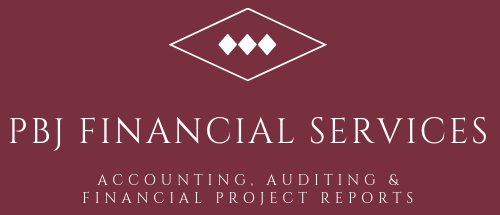Examination of Books, Accounts & Vouchers of a business as will enable the Auditors to satisfy themselves that the Balance Sheet is properly drawn up so as to give a true & fair view of the state of the affairs of the business, and whether the profit and Loss account gives a true and fair view of the profit or Loss for the financial period, according to the best of his information and the explanation given to him and as shown by the books and if not, in what respects he is not satisfied. This concept has drawn the auditing in its forefront.
Private Audit: We conduct the audit based on the option of Enterprise in view of the several benefits resulting from it.
Internal Audit: The internal Audit is conducted to ensure the Management that the internal check and the accounting systems are effective in design and operation.
To ascertain that there has been proper authority for the transaction of the business.
To prevent and detect errors and frauds by continuous examination of the accounting records and the system of internal check.
To facilitate and expedite the annual audit conducted by the auditor.
There are several ways of conducting Auditing in a practical ways:
- Continuous Audit.
- Periodical Audit
- Interim Audit
- Complete Audit
- Partial Audit
- Cash Audit
- Cost Audit
- Management
We do conduct Auditing with best principles as below:
- Principles of Independence
- Principles of Objectivity
- Principles of Materiality
We follow ideal devices or methods through which an Auditor proceeds in his work to obtain evident matters as indicated below:
- Vouching and authenticate
- We reconcile and do arrive at the differences in figures and bring the same to light.
- We confirm the transaction that has taken place is authentic.
- We also analyze the facts and figures of transaction
- We do the testing of large number of accounting data for their accuracy.
- We do the physical examination of their existence to validate the submission.
